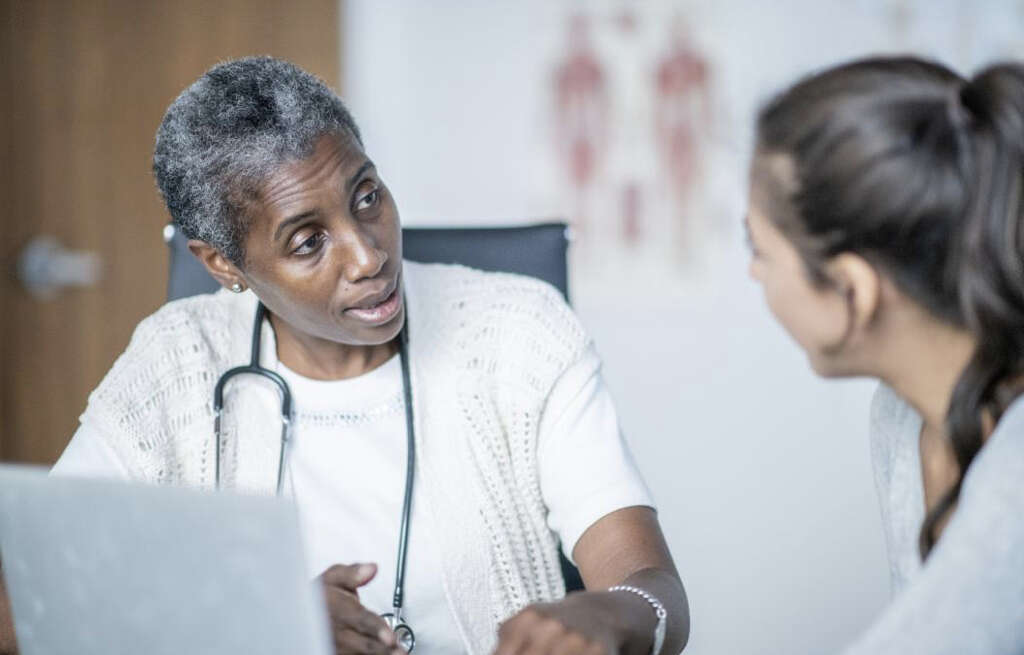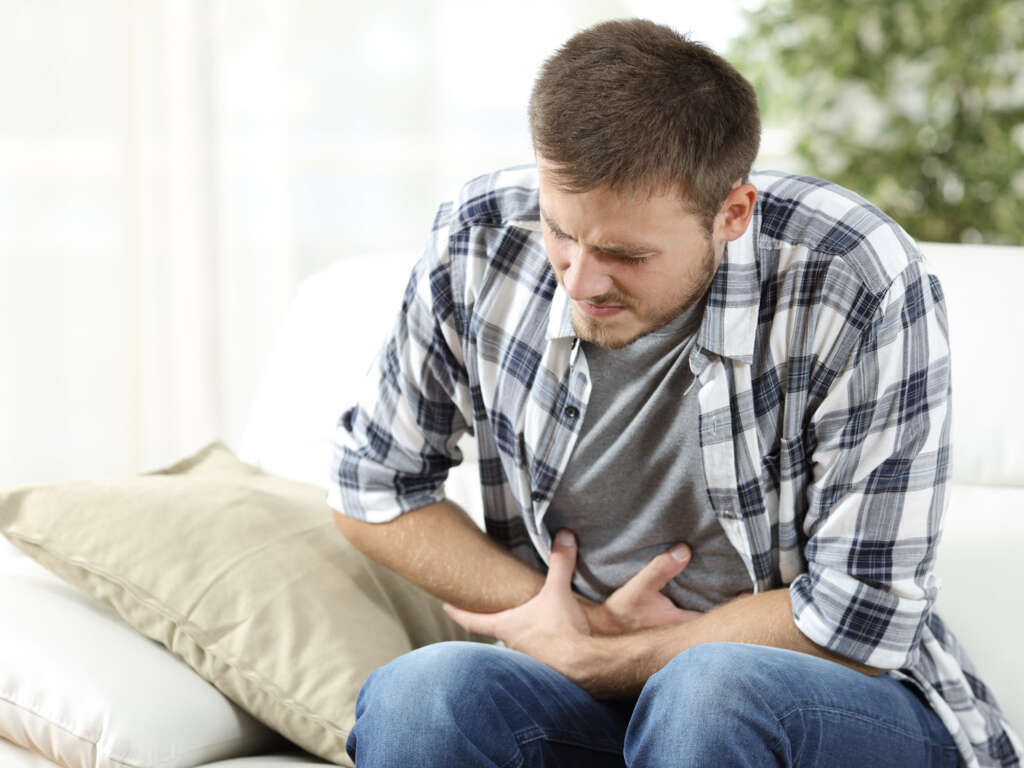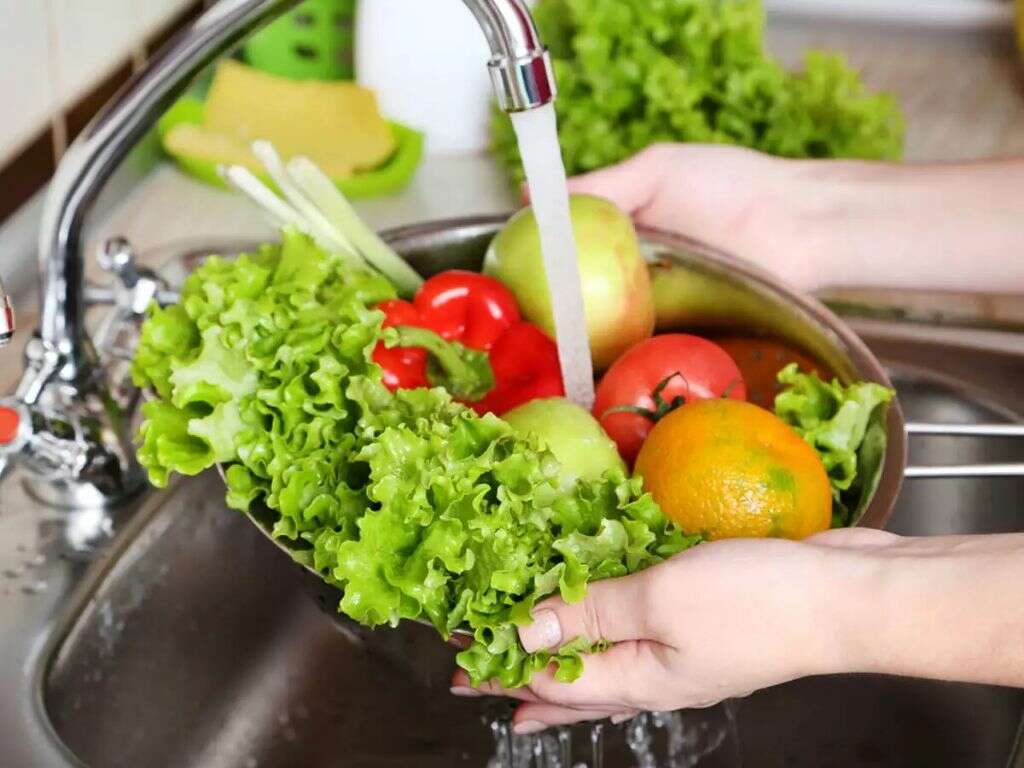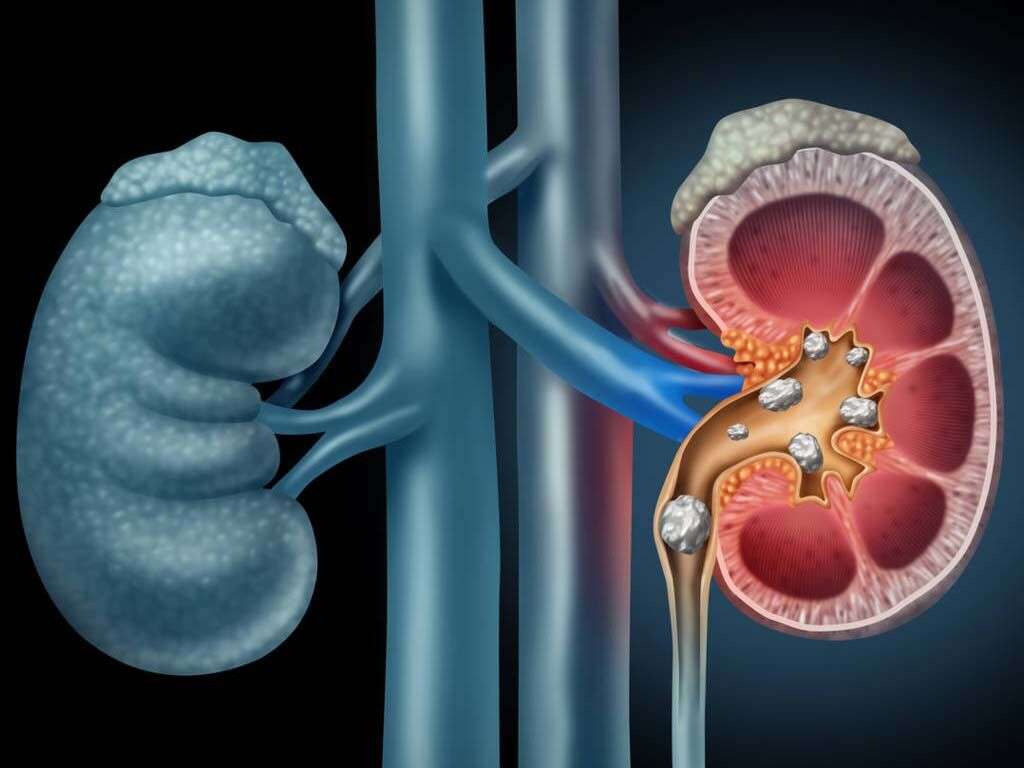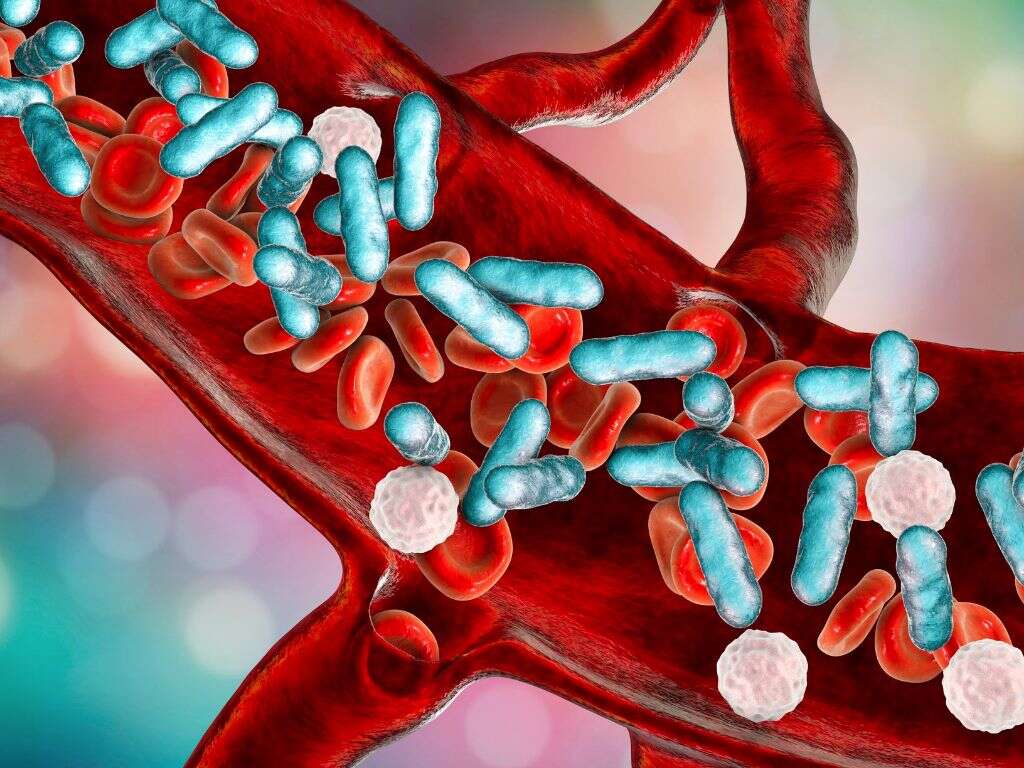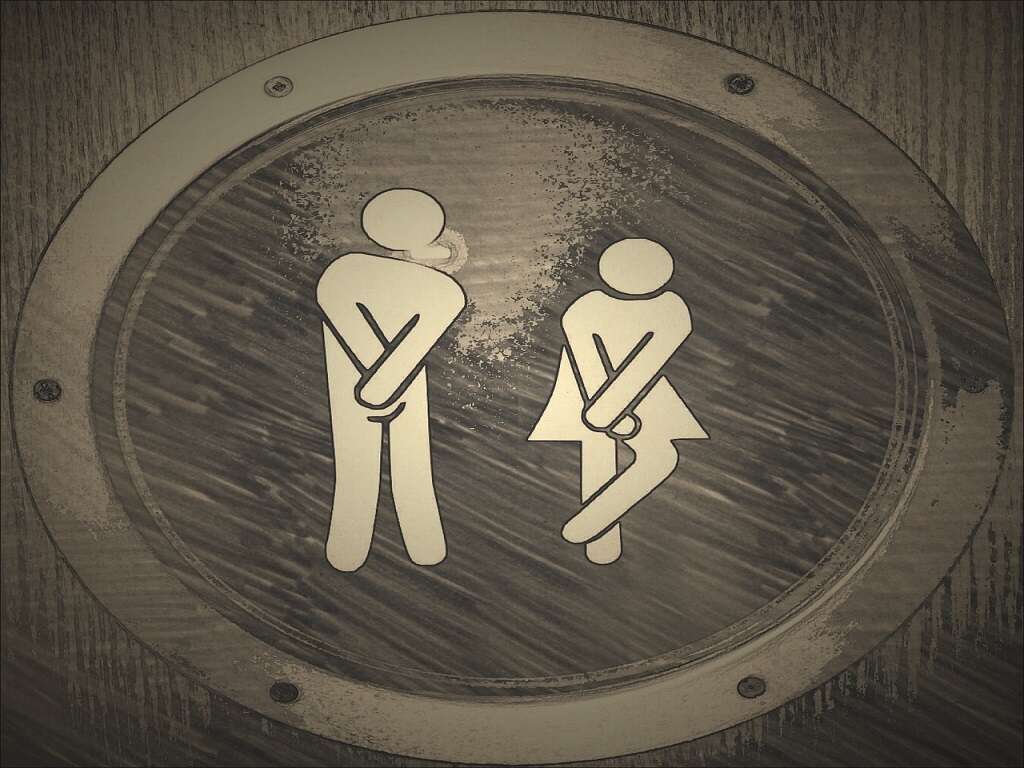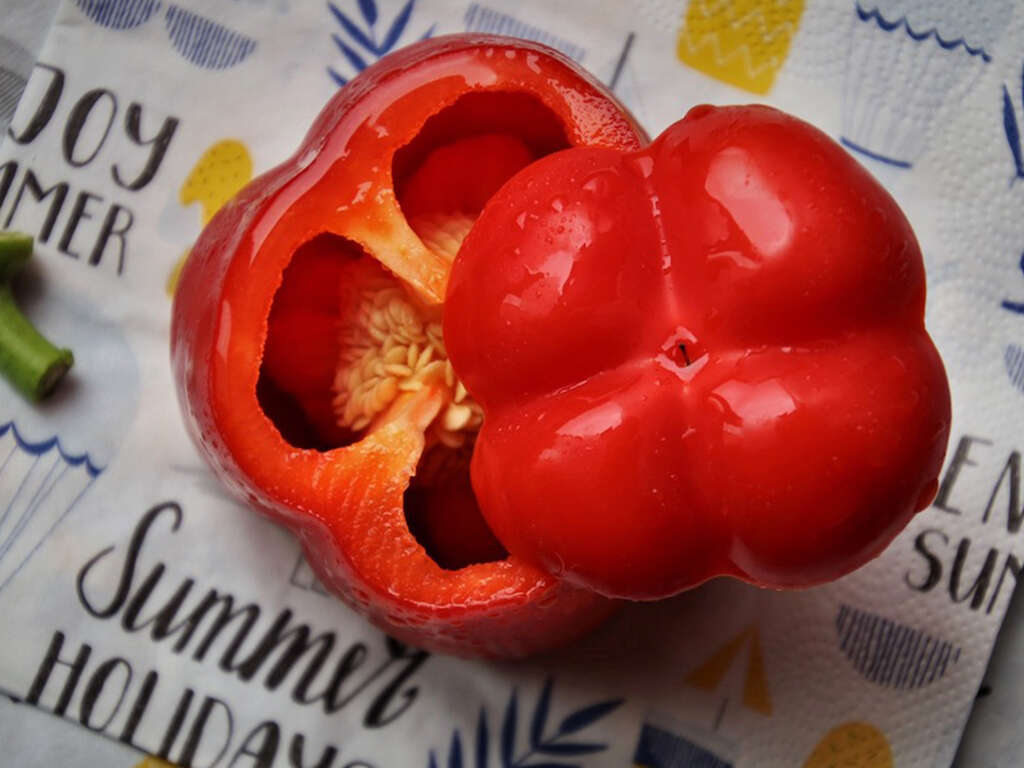What Is a Kidney Cyst?
A kidney cyst is an oval or round pouch that’s filled with fluid and typically grows directly on the kidney’s surface. It is also possible for a kidney cyst to develop inside the kidney. Usually, these cysts are characterized as “simple” cysts, which means they have thin, well-defined walls that hold fluid inside.
Kidney cysts are fairly common, and it’s estimated that approximately one out of every 10 people have them. That number rises to an estimated one in five in people aged 50 and older. Many people have kidney cysts without even knowing it.
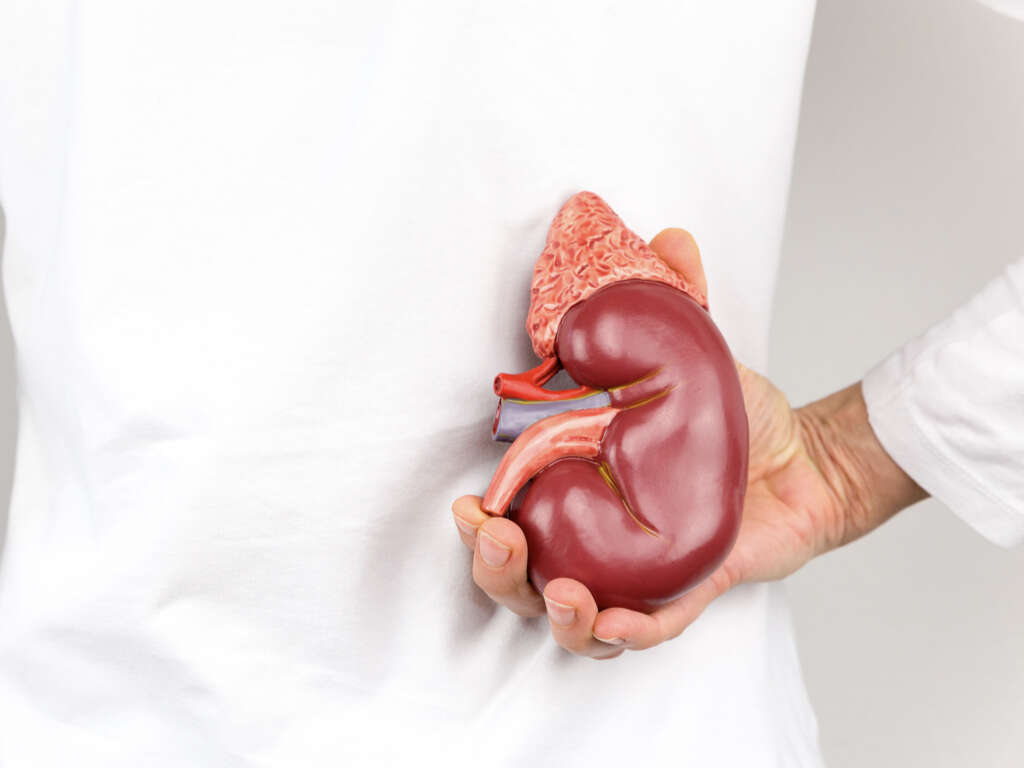
1. Causes
The cause of kidney cysts isn’t fully understood, and researchers are still trying to determine why some people develop them. However, there are some theories out there as to what causes kidney cysts.
One theory suggests that when the surface layer of the kidney becomes weak for some reason, it can form a pouch called a diverticulum.1Mayo Clinic, Kidney cysts. mayoclinic.org/diseases-conditions-kidney-cysts/symptoms-causes/syc-20374134. When the pouch fills up with liquid, it forms into a cyst. While this theory makes sense, more research still needs to be done to understand exactly why kidney cysts form.
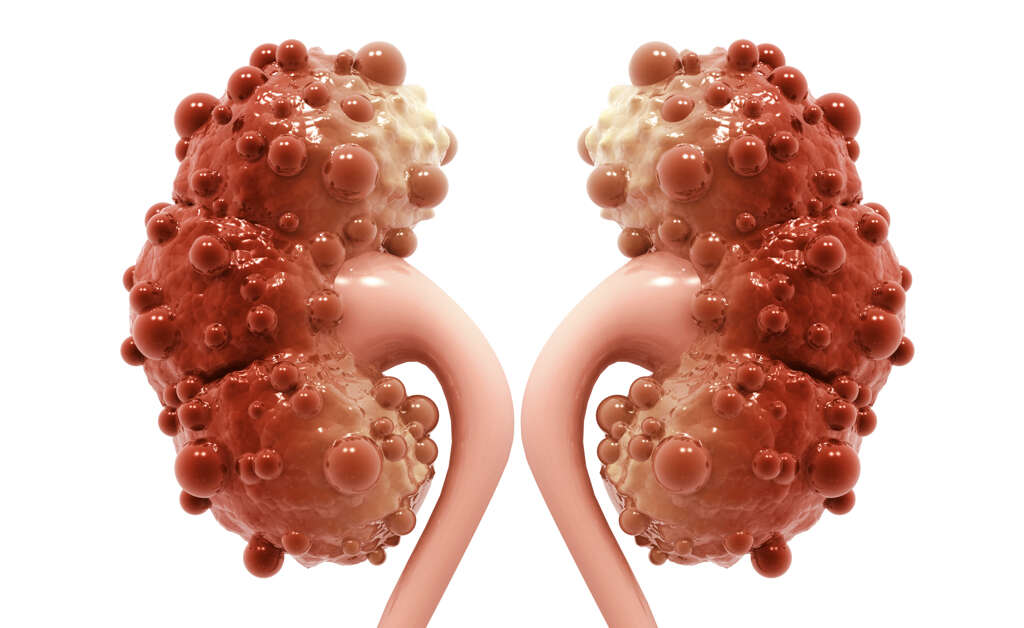
2. Risk Factors
There are several different factors that can increase your risk of developing a kidney cyst.2N. Terada, Y. Arai, N. Kinukawa, K. Yoshimura and A. Terai. Risk factors for renal cysts. BJU International Journals (2004). They include age (those over 50 are more likely to experience kidney cysts), gender, renal dysfunction, and hypertension.
Males are more likely than females to experience kidney cysts, and existing renal dysfunction is also a notable risk factor. Renal dysfunction is also referred to as renal failure, and it occurs when the kidneys lose their ability to balance fluids in the body and remove waste. Hypertension may cause renal dysfunction, which can in turn lead to kidney cyst development.
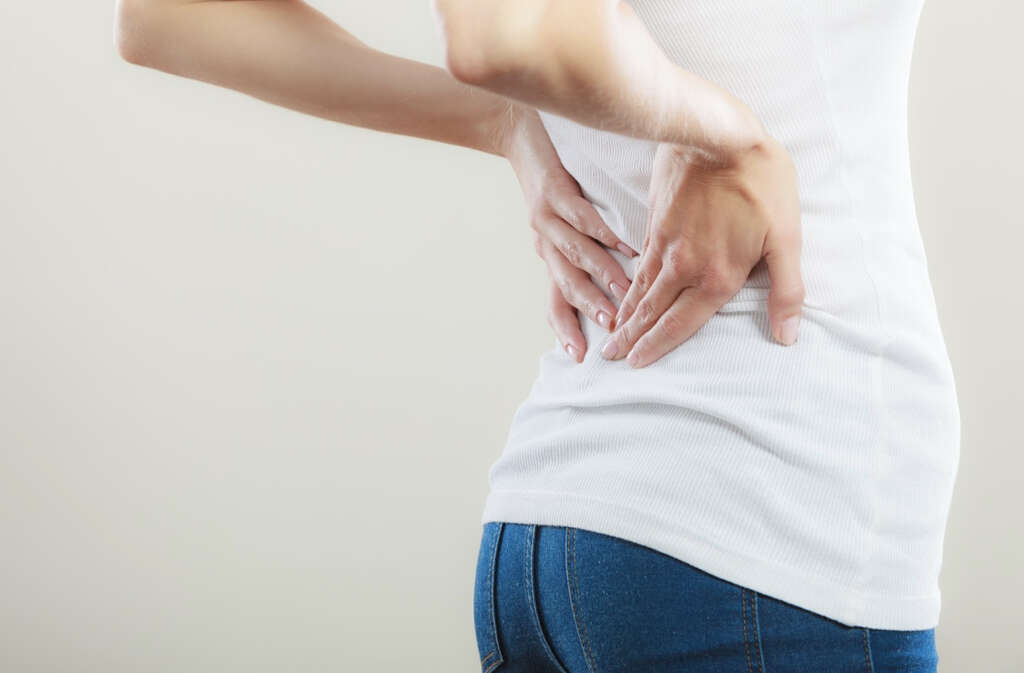
3. Transmission
Kidney cysts cannot be sexually transmitted from one person to another. However, there is a condition called polycystic kidney disease that is hereditary, which means it can be passed down genetically from one person to another. This inherited disorder causes cyst clusters to develop on the kidneys.
Polycystic kidney disease causes noncancerous cysts that can grow to be quite large. The condition often causes kidney failure by age 60. Polycystic kidney disease can be passed down to a child from an affected parent. However, kidney cysts that are not associated with a genetic or inherited disorder are not transmitted from one person to another.

4. Diagnosis
Your doctor may use the following procedures and tests to diagnose simple kidney cysts: kidney function tests and imaging tests. Kidney function tests involve testing a sample of your blood to determine if your kidney function is impaired by a cyst.
A kidney imaging test can include magnetic resonance imaging or computerized tomography scans. These tests can help your doctor determine if a mass on the kidney is a tumor or a cyst. These types of imaging tests are commonly used to investigate simple kidney cysts. Talk to your doctor about the methods he or she recommends for diagnosing your kidney cyst.
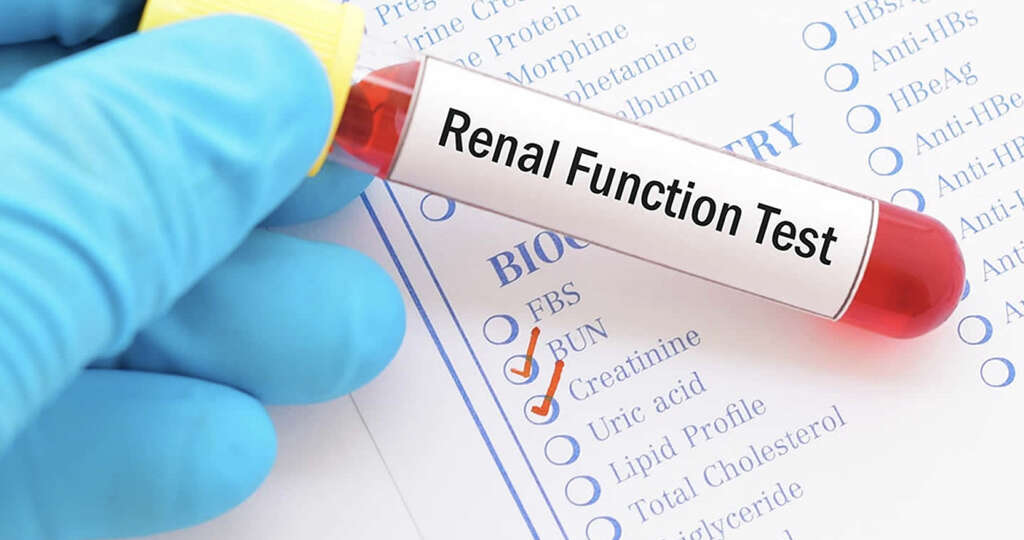
5. Signs & Symptoms
Many kidney cysts don’t cause obvious symptoms. In fact, it’s not unusual for people who have them to be completely unaware. However, if cysts grow large enough, they can lead to the development of some unpleasant symptoms.
Most commonly, large kidney cysts can cause fever, upper abdominal pain, and/or dull pain that is commonly felt in the back or side. If you experience these symptoms, you may want to seek a diagnosis from your doctor.
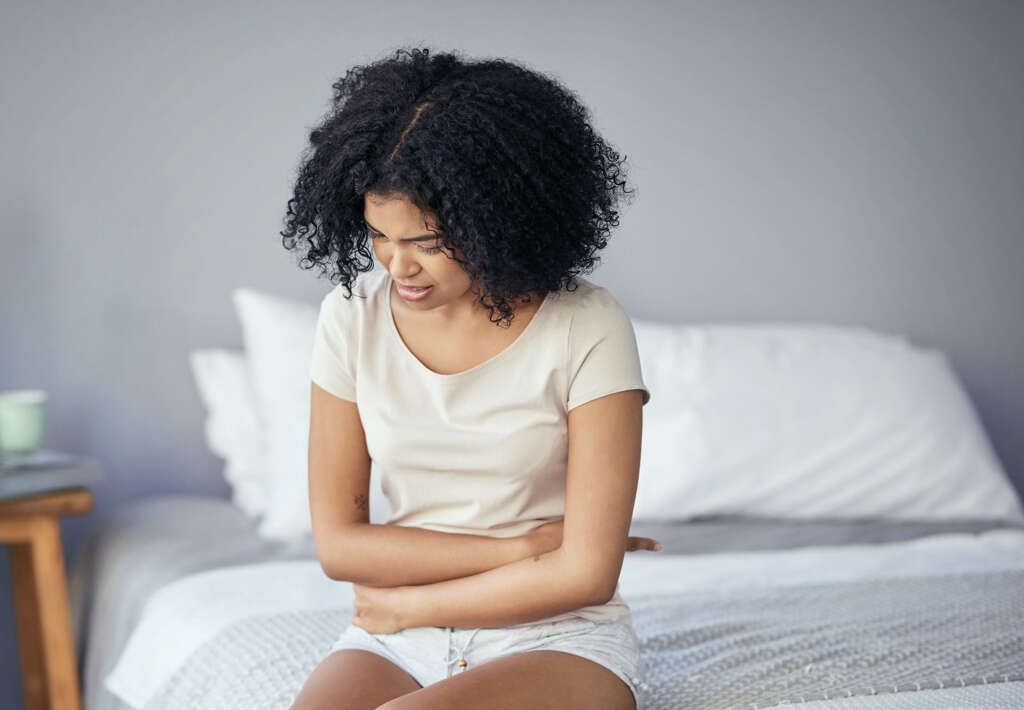
6. Complications
There are several complications associated with kidney cysts. They include cyst infection, urine obstruction, and burst cyst. An infected cyst is one that has become infected. When this occurs, it can cause extreme pain and fever. An infected cyst should always be checked out by a doctor.
A urine obstruction occurs when a kidney cyst obstructs urine flow. This can lead to swelling within the kidney, which is referred to as hydronephrosis. Finally, a kidney cyst can burst, causing severe and debilitating pain. It’s very important to check with your doctor about treatment options if you experience any of these complications.
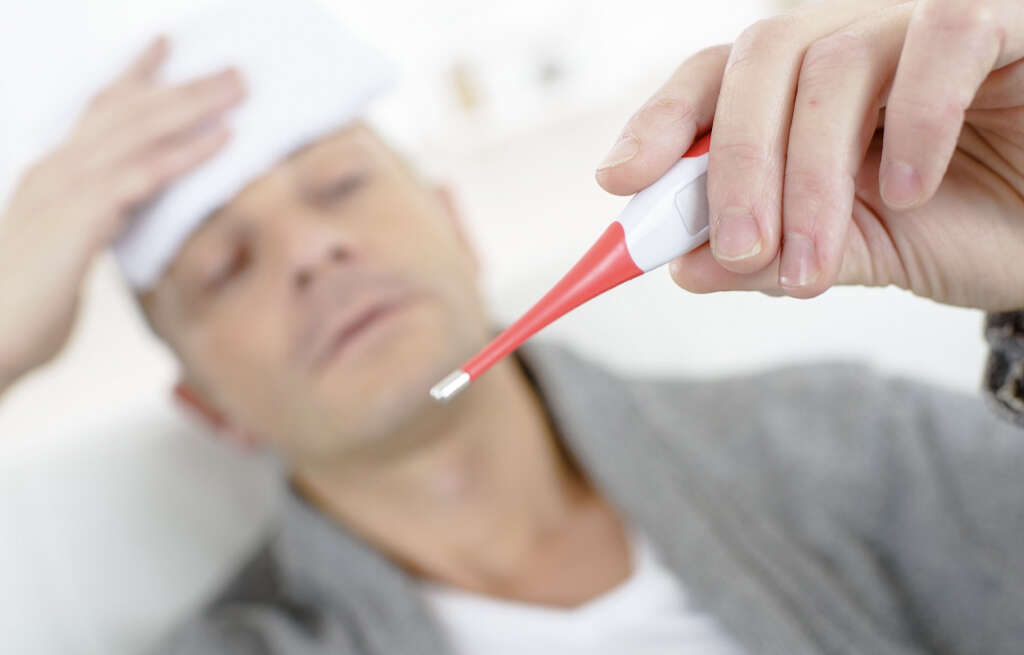
7. Treatment & Management
It may not always be necessary to receive treatment for kidney cysts. In fact, if the cysts are not causing any obvious symptoms or signs, you can probably forego treatment. However, if your cysts are interfering with normal kidney function or causing you to feel discomfort, it’s wise to seek treatment.
To treat your cyst, your doctor may recommend surgical removal of the cyst. Surgical removal usually involves several small incisions through which a video camera and tools are inserted to remove the cyst. If removal is not recommended, your doctor may instead puncture and drain the cyst, then fill it up with alcohol. A needle is used to perform this procedure. Filling the cyst with alcohol may help prevent the cyst from reforming in the future.
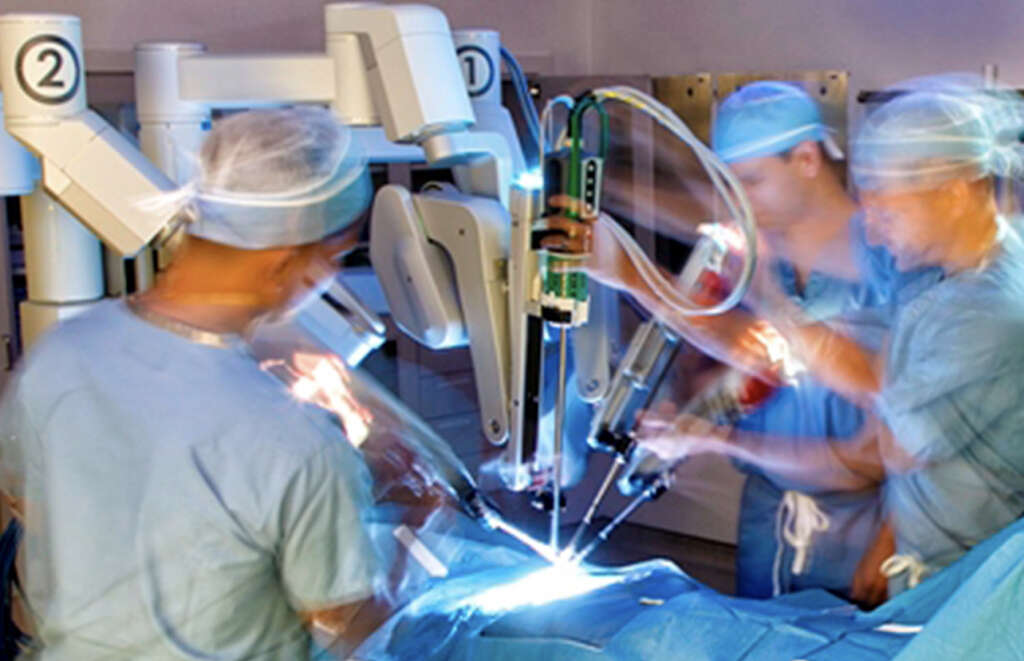
8. Prevention
Unfortunately, simple kidney cyst development cannot be prevented. There are not steps you can take to stop them from occurring if you are in a high-risk category. However, you may be able to lower your risk of developing simple kidney cysts by reducing your sodium intake to ensure you’re receiving less than 2,300 mg of sodium per day. If you’re older than 51, have high blood pressure, or have any other risk categories, you should aim for less than 1,500 mg of sodium per day.
You may also be able to reduce your risk of kidney cysts by drinking plenty of water. Make sure you’re drinking at least the amount recommended for your weight. Staying hydrated is an important part of reducing your kidney cyst risk.
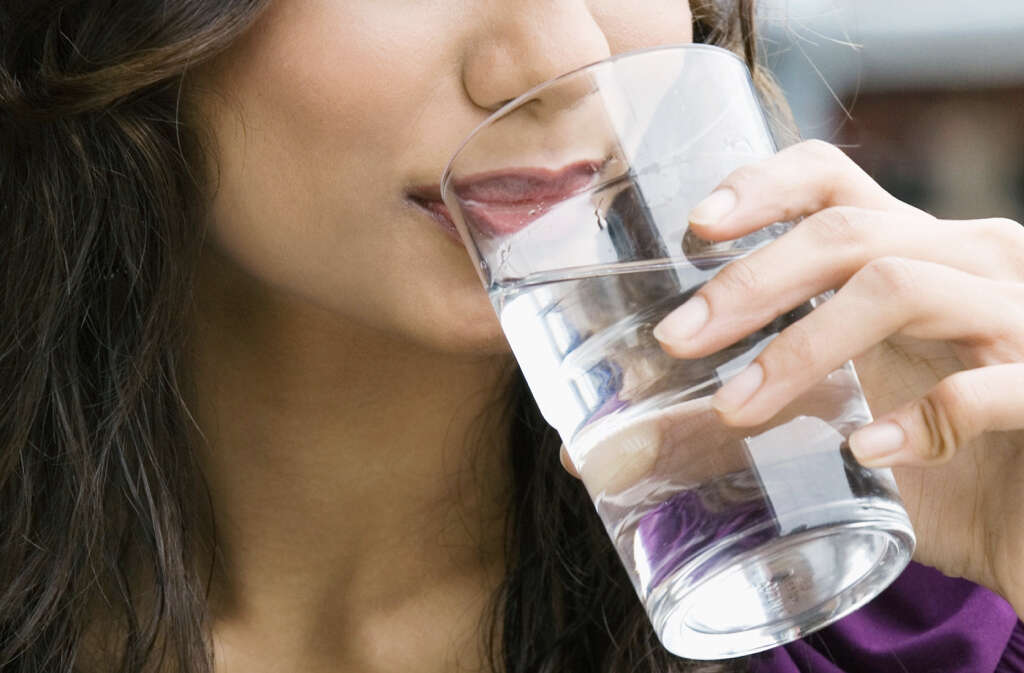
9. Prognosis
Most kidney cysts do not require treatment because they do not cause symptoms. So, the prognosis is good for individuals who have non-symptomatic cysts. However, when cysts become large enough to inhibit kidney function, the prognosis can be much more serious without treatment.
With treatment, most kidney cysts respond very well and don’t cause long-term issues. It’s important to see your doctor if you have symptomatic kidney cysts and receive treatment that improves your prognosis.
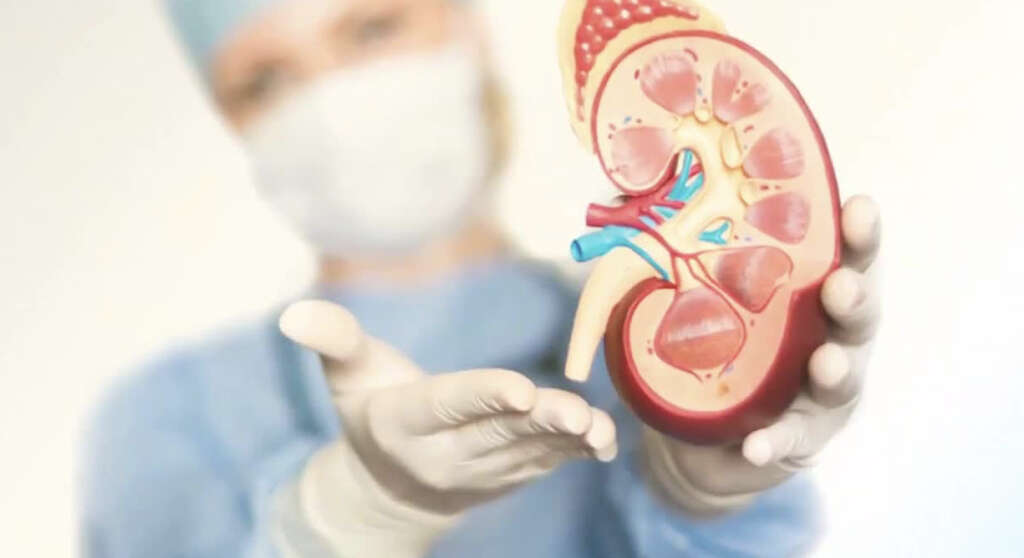
10. When to See a Doctor
If you have any symptoms of kidney cysts, it is recommended that you see your doctor. He or she can diagnose your condition and recommend treatment. Once a cyst grows large enough to cause symptoms, it can compromise your kidney or other nearby organs.
Prompt treatment for symptomatic kidney cysts can improve your outcome and can help you live a higher quality of life by relieving your pain and other symptoms. Contact your doctor if you experience pain in your back or side, blood in your urine, or any other symptoms of simple kidney cysts.
